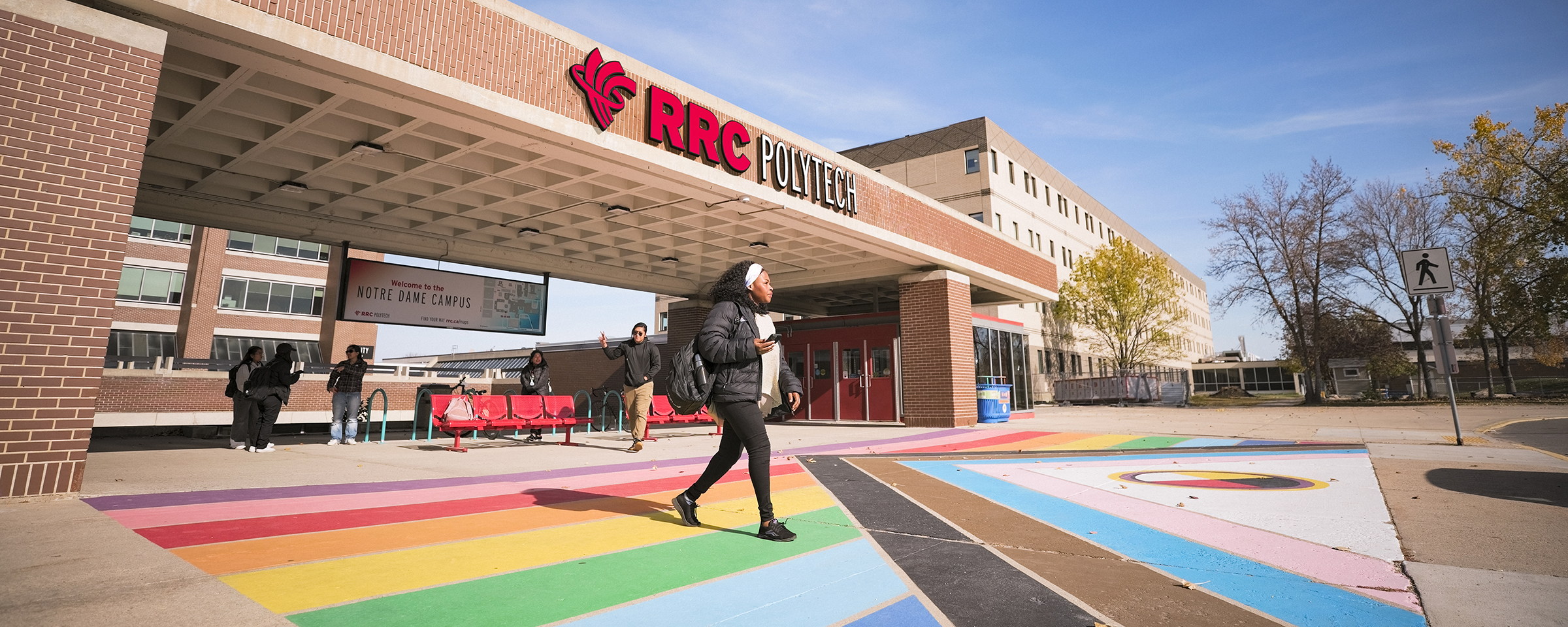New Research Facility Features Canada’s Second Laser UT System

(From left): RRC President Stephanie Forsyth; Don Boitson, VP & GM of Magellan Aerospace; Western Economic Diversification Minister Lynne Yelich; and Public Safety Minister Vic Toews.
Leaders from government, education and aerospace gathered to celebrate the opening of Red River College’s new Centre for Non-Destructive Inspection (CNDI) on September 29th. The facility is housed within a new RRC “industrial campus” located at Magellan Aerospace‘s production plant in Winnipeg.
Featuring some of Canada’s most advanced inspection equipment — including one of only two laser ultrasonic testing (Laser UT) systems in the country — CNDI provides a competitive advantage for the manufacturing sector in Manitoba while addressing the industry demand for skilled inspection staff.
“The productivity enhancements, when compared to other traditional methods of inspection are significant,” explained Don Boitson, Vice President and General Manager of Magellan Aerospace. “A component that would take eight hours to inspect using conventional methods can take as little as one hour to inspect utilizing Laser UT. The benefits provided through this technology are considerable in terms of efficiencies to both cost and schedule.”
In addition to the direct benefits for industry, Red River College students are in the unique position of being trained to use this leading edge technology.
“One of the key themes of Red River College’s strategic plan is to fuel Manitoba’s economic growth and community development,” said Stephanie Forsyth, President of Red River College. “By partnering with the federal government and Magellan Aerospace on the creation of CNDI, we’re helping spark innovation within the aerospace sector and giving researchers and students access to state-of-the-art inspection equipment.” Read More →







